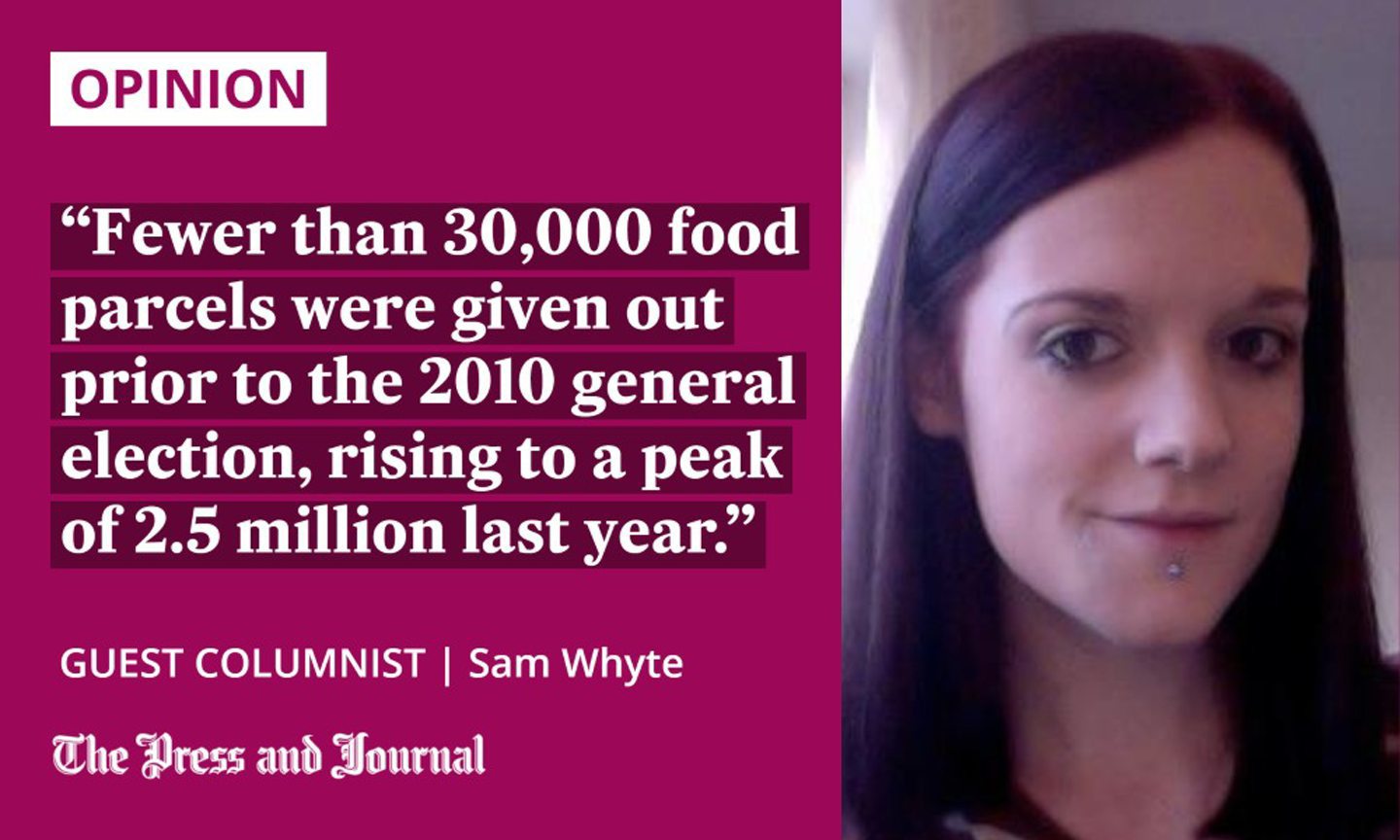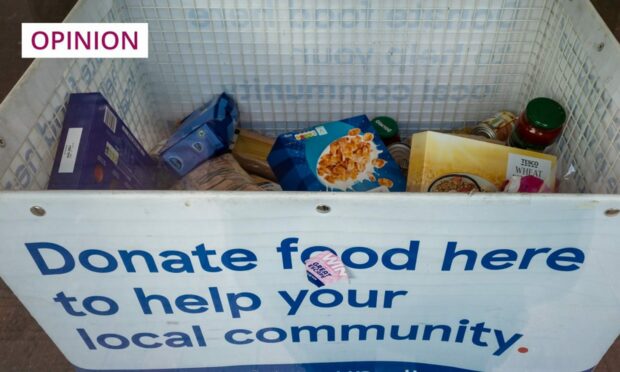Last week, Jeremy Kite, Conservative leader of Dartford Borough Council, was pictured smiling and laughing at the opening of a local food bank.
The public response was, understandably, one of disgust – who laughs at this manifest collapse of governance? Surely every new food bank opening represents abject failure?
Not content with the exceptionally poor optics of this, he doubled down on an LBC phone in, during which he was not only unremorseful, but claimed: “Food banks didn’t begin with a political party.”

The laughter as the food bank ribbon was cut is so jarring because of Kite’s refusal to recognise his own party’s guilt. Fewer than 30,000 food parcels were given out prior to the 2010 general election, rising to a peak of 2.5 million last year.
The concept of food banks may predate the current Conservative government, but the lived reality does not.
In Kite’s eyes, he was simply being cheerful. To the rest of us, he is cackling at a hell of his own making.
Food responsibility lies with the state not citizens
This series of events highlights an essential problem with Conservatism: praising community acts of micro-kindness whilst practicing macro-cruelty.
Food banks are David Cameron’s “Big Society” writ large. People are abandoned by the state tasked with ensuring their welfare and forced to appeal to the goodwill of their local community.
Smiles all round as Jeremy Kite, the Tory Leader of Dartford and Rosanna Currans, the Tory Mayor proudly cut the ribbon to open Dartfords newest Foodbank – like they've just opened a community centre. This is the normalisation of poverty and charity for working people. pic.twitter.com/7DDXTkojTN
— Ragged Trousered Philanderer (@RaggedTP) May 11, 2022
Such communities will always step up to the mark, but this is massively insufficient. The right to food is enshrined in the 1948 Universal Declaration of Human Rights as part of the right to an adequate standard of living; this responsibility lies squarely with the state, not kindly citizens.
This misunderstanding was underlined by MP Lee Anderson’s assertion that food poverty does not exist, that we have simply “got generation after generation who cannot cook properly, they can’t cook a meal from scratch, they cannot budget”.
Anderson further claimed his words are not meaningfully different from poverty campaigner Jack Monroe painstakingly devising and sharing low-cost recipes for families on small incomes.
If it isn’t obvious, the difference is that Monroe is sharing life experience, recognising the common humanity of people who find themselves struggling whilst actively campaigning against the material conditions that make it necessary. Anderson comes from a place of total ignorance; it is sneering paternalism, the worst kind of victim blaming.
Users and volunteers are furious food banks exist
People in poverty do not want contemptuous pity and, though they may appreciate social solidarity, it is not enough.
The empathy of food bank volunteers and former users sharing their own hard-learned wisdom is a world away from a smirking council leader who clearly believes his responsibilities have been absolved by charity.
Tired of being described as ‘attacking’ Conservative MPs by media who contact me asking me to respond to their comments. I’m not ‘attacking’ the rich privileged white men by pointing out the untruths in their uninvited statements, I’m DEFENDING the people that THEY are attacking.
— Jack Monroe (@BootstrapCook) May 11, 2022
Fundamentally, everyone who volunteers in or uses a food bank is justly furious that such a place is necessary. This doesn’t mean they go about constantly po-faced and earnest, simply that they know food banks represent political failure.
If you are politically complicit in the existence of food poverty, this is no laughing matter.
Sam Whyte is a writer and podcaster with an interest in UK poverty

Conversation